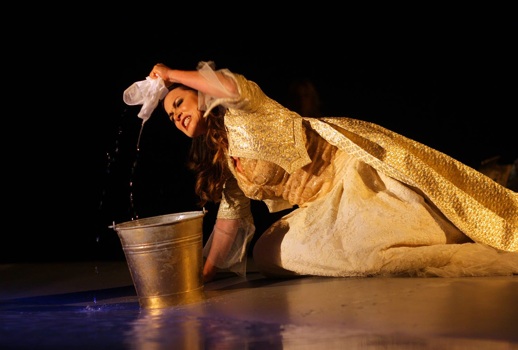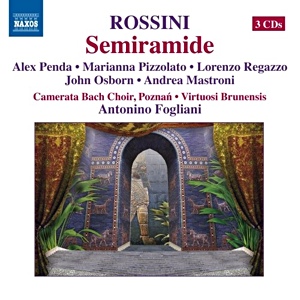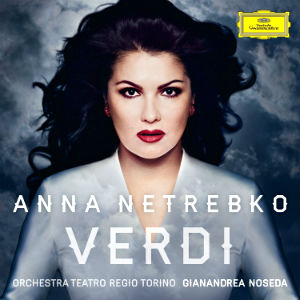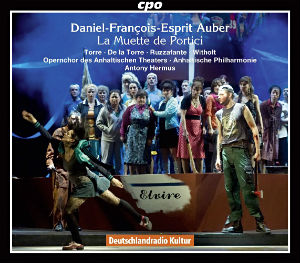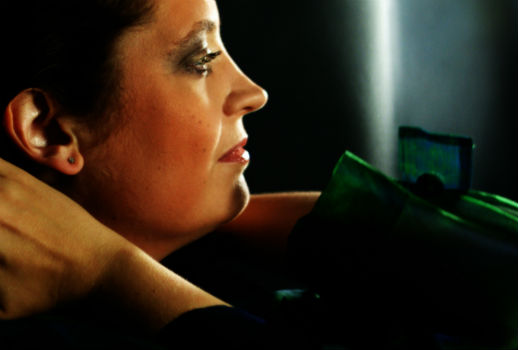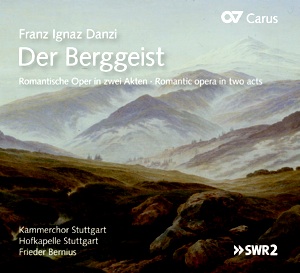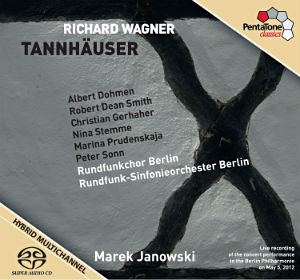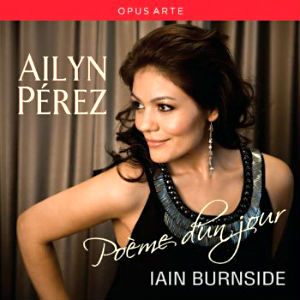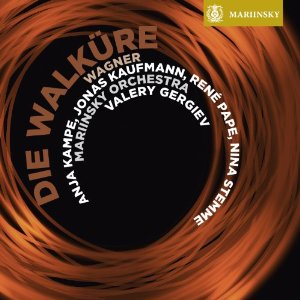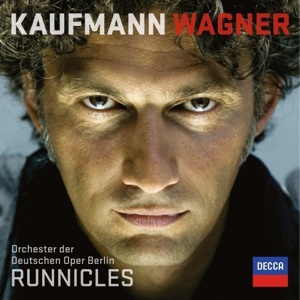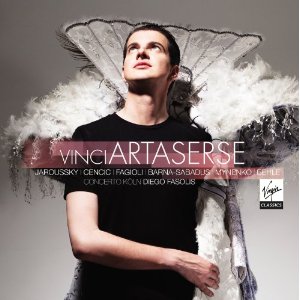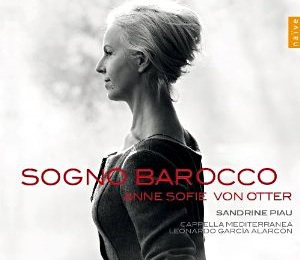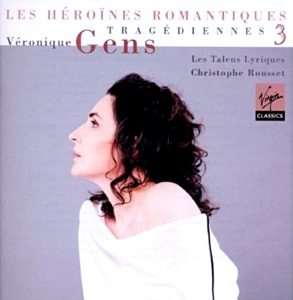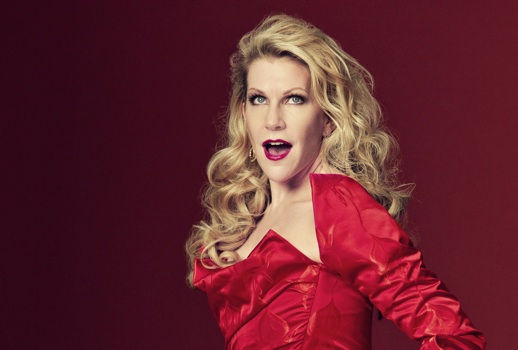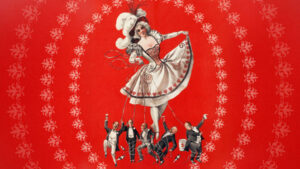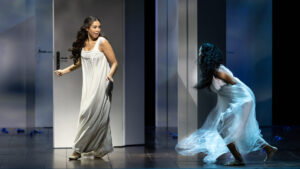
I suspect most New York City opera-lovers had long since given up hope that the fascinating soprano Anna Caterina Antonacci would ever return to their city.
The curious things about accepted wisdom is that sometimes it’s correct.
Say what you will about Naxos, but this company has created a sizeable number of recordings of works on the periphery of the standard repertory and have managed to document quite a few interesting singers in the bargain-and at bargain prices.
It’s hard to come up with any sensible reason to dislike Joyce DiDonato.
Vanity project or not, these albums present a sensitive and talented artist showing off two little-seen sides of himself.
Marek Janowski’s second recorded Ring cycle began on an off note, with a Rheingold that was fleet and lucid but failed to impress in the important musical moments.
The 19th century could not cope with Così fan tutte, ossia La scuola degli amanti (Thus Do They All, or The School for Lovers) with a libretto by Lorenzo da Ponte and music by Mozart, first presented in Vienna in 1790.
The 1965 season was a time of big changes at the Vienna State Opera.
Anna Netrebko‘ s new CD of Verdi arias seems to be a bold, defiant, “in your face” statement about the direction she is taking with her career.
Thérèse is a compact work consisting of two short acts and clocks in just under seventy minutes.
the strip on my first and, so far at least, only visit to Las Vegas a few years ago, I noticed what to me was a most unexpected sight and startled my companions by pointing out the window and shouting “Auber!”
The behavioral phenomenon of limerence has been described as “an involuntary potentially inspiring state of adoration and attachment to a limerent object involving intrusive and obsessive thoughts, feelings and behaviors from euphoria to despair, contingent on perceived emotional reciprocation.”
Between Fidelio and Der Freischutz there was “Romantische Oper,” a type of musical drama descended from medieval mystery plays in which ghosts, gnomes and other “invisibles” get entangled in the lives of unsuspecting people.
Everything about Aleksandra Kurzak’s new disc is a variation on the term “fioritura.”
Could Marek Janowski do for Wagner what the early music movement did for the Baroque and Classical repertory?
Ailyn Pèrez is a soprano on the rise.
“I’ve lived with mendacity!—Why can’t you live with it? Hell, you got to live with it, there’s nothing else to live with except mendacity, is there?”
That’s what it must have been like in 1726 London when Handel composed Alessandro for perhaps the three most famous (and expensive) singers of the day.
Wagner is becoming an important calling card for Valery Gergiev and the Mariinsky Theatre.
A new CD features the ten most gorgeous minutes recorded by a tenor in Wagner since World War II.
Not only cursed to bear a name nearly identical to that of one of the greatest geniuses who ever lived, Leonardo Vinci also had the misfortune to die just three months after the premiere of his greatest opera, reportedly murdered with a cup of poisoned chocolate at the age of 36.
As if last week’s survey wasn’t enough, a few more recent diva-recital disks remain worthy of attention particularly since they arrive from five front-rank singers.
Cecilia Bartoli and Joyce DiDonato are not the only ladies who have recorded recitals this year featuring music from the 17th and 18th centuries.
If you’re the sort who prefers his diva to be an unapproachable sphinx prone to infuriating cancellations while radiating ennui, I suspect that the sunny, hard-working, grateful persona of American mezzo soprano Joyce DiDonato will not appeal to you at all.
